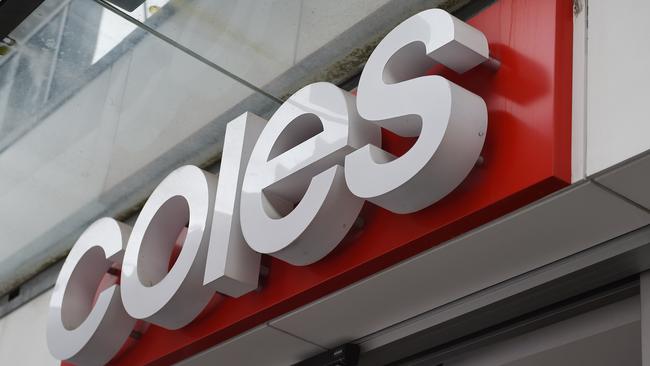
Indeed that probe, headed at the time by Graeme Samuel and released in 2008 found supermarket retailing was “workably competitive” in Australia and there was barely any link between rising food prices and profits.

After more than 250 submissions and dozens of hearings held in every capital and major regional cities, the Graeme Samuel-led investigation also issued a rebuke to politicians and others: Don’t conflate food inflation with gouging. There’s little wonder the 500-page report sunk without a trace.
It’s a matter of convenience that by ordering a new major probe into supermarket pricing, as he Thursday, Albanese can show he is tough on cost-of-living. The announcement also offers a distraction from the political wildfire around the revamp of the Stage 3 tax cuts.
Albanese’s latest ACCC review won’t hurt, in fact it will be helpful to diffuse some of the political heat directed at supermarkets and limit the prospect of kneejerk and costly regulation or even worse – price controls. At the end of the process supermarkets will be able to get back to focusing on keeping the shelves stacked and driving efficiencies to push prices lower. Both Coles and Woolworths on Thursday said they welcomed the chance to put their case forward.
New world
Since the Samuel Report landed more than a decade ago there has been some significant developments in Australian grocery retailing.
Namely Germany-backed Aldi has become a retailing force, moving closer to a 10 per cent share of the national market, forcing a stronger competitive response from Coles and Woolworths. Elsewhere Costco has entered the market in a targeted way and the traditional third force Metcash that sits behind the IGA brand has restructured its business over the years and is now delivering a better offering on pricing and range as well as location. Online giant Amazon has entered the market, increasing its share of high priced non-fresh food items like laundry powder and toiletries. Indeed it can be argued there is more effective competition than what existed when the same review was underway more than a decade ago.

Still, the review is now underway and Gina Cass-Gottlieb’s ACCC should take the opportunity to put two areas under the microscope that have become a big part of today’s supermarkets.
The rise of data rich loyalty schemes now count members in the millions. There’s Everyday Rewards for Woolies and Flybuys at Coles and the regulator needs to examine whether non-members are systemically propping up the schemes with higher pricing.
The other big change is the online driven surge in home delivery which is still among the fastest-growing areas for retailers. But the costs for consumers as online becomes a bigger profit driver are not so clear.

Like the Samuel report of past, the ACCC will need to look past the motivation for the review and deliver a frank and fearless assessment of the forces shaping the market.
The terms of reference are now being thrashed out between the Treasurer and the ACCC.
Just like the 2008 report that concluded “the vast majority of grocery price increases in Australia are attributable to factors such as supply and demand changes in international and domestic markets, increases in the costs of production and domestic weather conditions”. Nor could it find any evidence that supermarkets were hiking prices at the expense of farmgate prices.
The report will also need to be thorough so it can become the final word on the matter with a myriad of reviews underway including one by the Queensland Government and the ACTU. Albanese has already commissioned former Labor minister Craig Emerson to look at the regular review to the supermarket code of conduct, which looks specifically at the relationship between the retailers and suppliers.
The ACCC will produce its interim report later this year, with the final report coming next year.
johnstone@theaustralian.com.au





Anthony Albanese was infrastructure minister in the Rudd Government the last time the competition regulator was ordered to do a deep dive into grocery pricing and swiftly concluded there was no evidence of gouging.